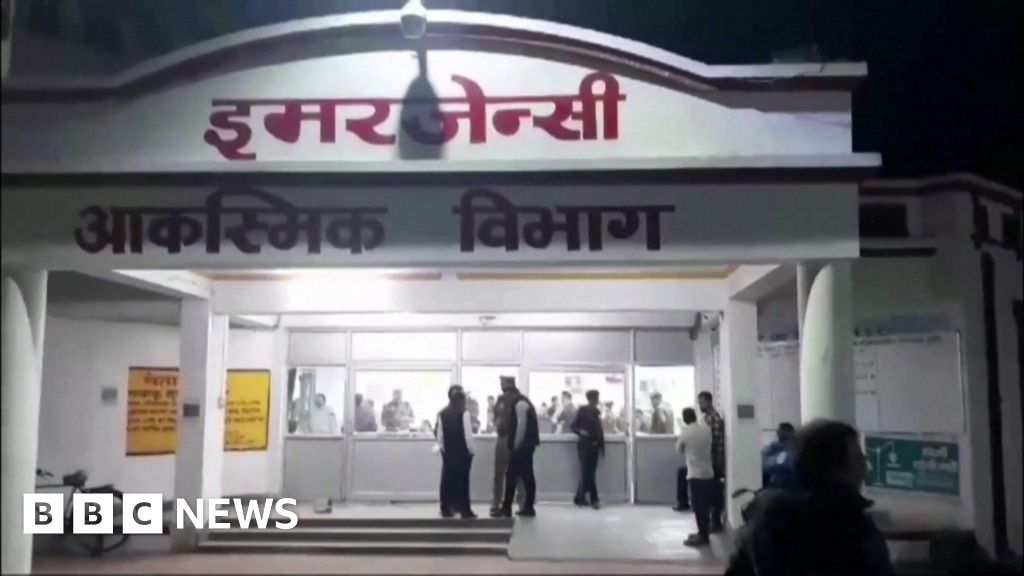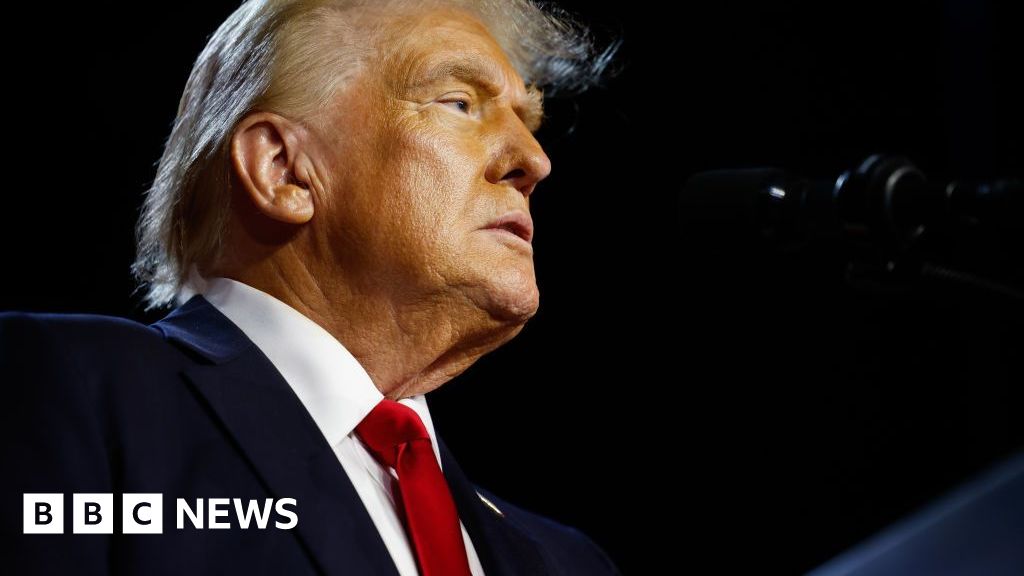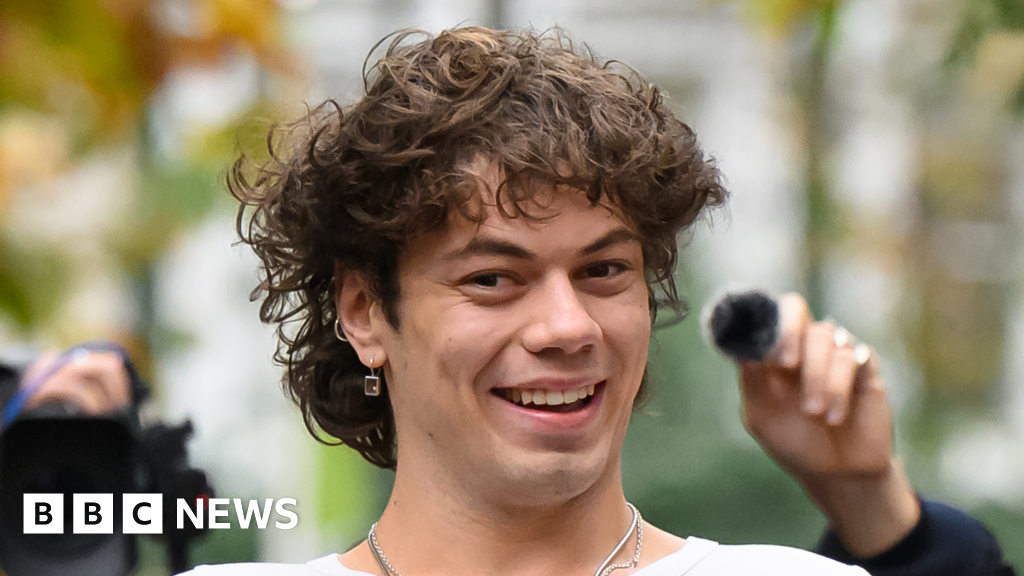ARTICLE AD BOX
Image source, Reuters
Image caption,Naftali Bennett urged world powers to take concrete steps in response to Iran's nuclear activities
Israel's prime minister has urged world powers to immediately end nuclear talks with Iran, after it decided to start using advanced machines to enrich uranium at an underground plant.
Naftali Bennett warned the US that Iran was "carrying out 'nuclear blackmail' as a negotiation tactic".
Iran said diplomats in Vienna "won't take instruction" from Israel.
They are trying to save a 2015 deal that curbed Iran's nuclear programme in return for the lifting of sanctions.
It has been close to collapse since then-US President Donald Trump pulled out and reinstated sanctions three years ago.
Iran responded by violating key commitments. Many of them are related to the production of enriched uranium, which is widely used as fuel for nuclear power plants but can also be used in nuclear weapons.
President Joe Biden has said the US will rejoin the agreement and lift its sanctions if Iran returns to compliance. But his Iranian counterpart, Ebrahim Raisi, has insisted the US make the first move.
Israel, which regards a nuclear-armed Iran as an existential threat, rejected the 2015 deal as too limited in scope and duration.
Mr Bennett, who became prime minister in June, has made clear his opposition to efforts to revive it.
In a telephone conversation with US Secretary of State Antony Blinken on Thursday, he referred to a new report by the International Atomic Energy Agency that said Iran had started enriching uranium up to 20% purity with 166 advanced "IR-6" centrifuges at the underground Fordo facility.
"The prime minister added that Iran was carrying out 'nuclear blackmail' as a negotiation tactic and that this must be met with an immediate cessation of negotiations and by concrete steps taken by the major powers," a statement from his office said.
Under the deal, Iran agreed not to enrich uranium beyond the 3.67% purity that is needed for reactor fuel; to install no more than 5,000 of the oldest and least efficient IR-1 centrifuges at its Natanz enrichment facility; and to halt enrichment altogether at Fordo.
Iran's nuclear programme: What's been happening at its key nuclear sites?
Iranian foreign ministry spokesman Saeed Khatibzadeh dismissed Mr Bennett's call for an end to the nuclear talks.
"Not surprising. Dialogue is always despised by the regime whose genesis is based on war, tension & terror," he tweeted.
"Delegates in Vienna won't take instruction from Beit Aghion," he added, referring the Israeli prime minister's official residence.
Earlier, Iran's chief nuclear negotiator said he had provided European powers with drafts dealing with sanctions removal and nuclear commitments following three days of intensive discussions.
European diplomats warned on Tuesday that they were still waiting for "solid confirmation" that Iran was willing to pick up where the talks left off in June.
The diplomats said 70-80% of a draft deal had been agreed before Mr Raisi, a hardliner and strident critic of the West, was elected to succeed the more moderate Hassan Rouhani as Iranian president.
Mr Raisi's negotiating team arrived in Vienna with fresh demands that the US lifts all its sanctions immediately and verifiably, and that it guarantees any future administration will not abandon the deal again.

 2 years ago
27
2 years ago
27








 English (US)
English (US)